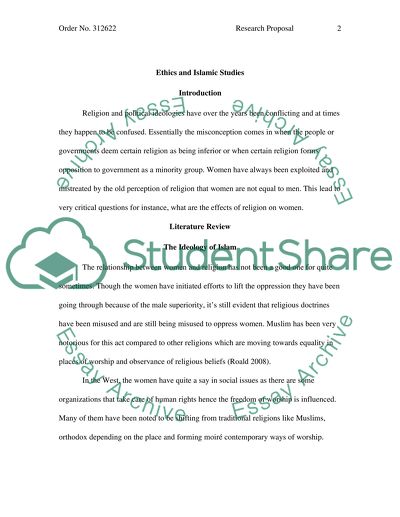Cite this document
(“Muslim Women Essay Example | Topics and Well Written Essays - 1000 words - 1”, n.d.)
Retrieved from https://studentshare.org/sociology/1523313-muslim-women
Retrieved from https://studentshare.org/sociology/1523313-muslim-women
(Muslim Women Essay Example | Topics and Well Written Essays - 1000 Words - 1)
https://studentshare.org/sociology/1523313-muslim-women.
https://studentshare.org/sociology/1523313-muslim-women.
“Muslim Women Essay Example | Topics and Well Written Essays - 1000 Words - 1”, n.d. https://studentshare.org/sociology/1523313-muslim-women.


